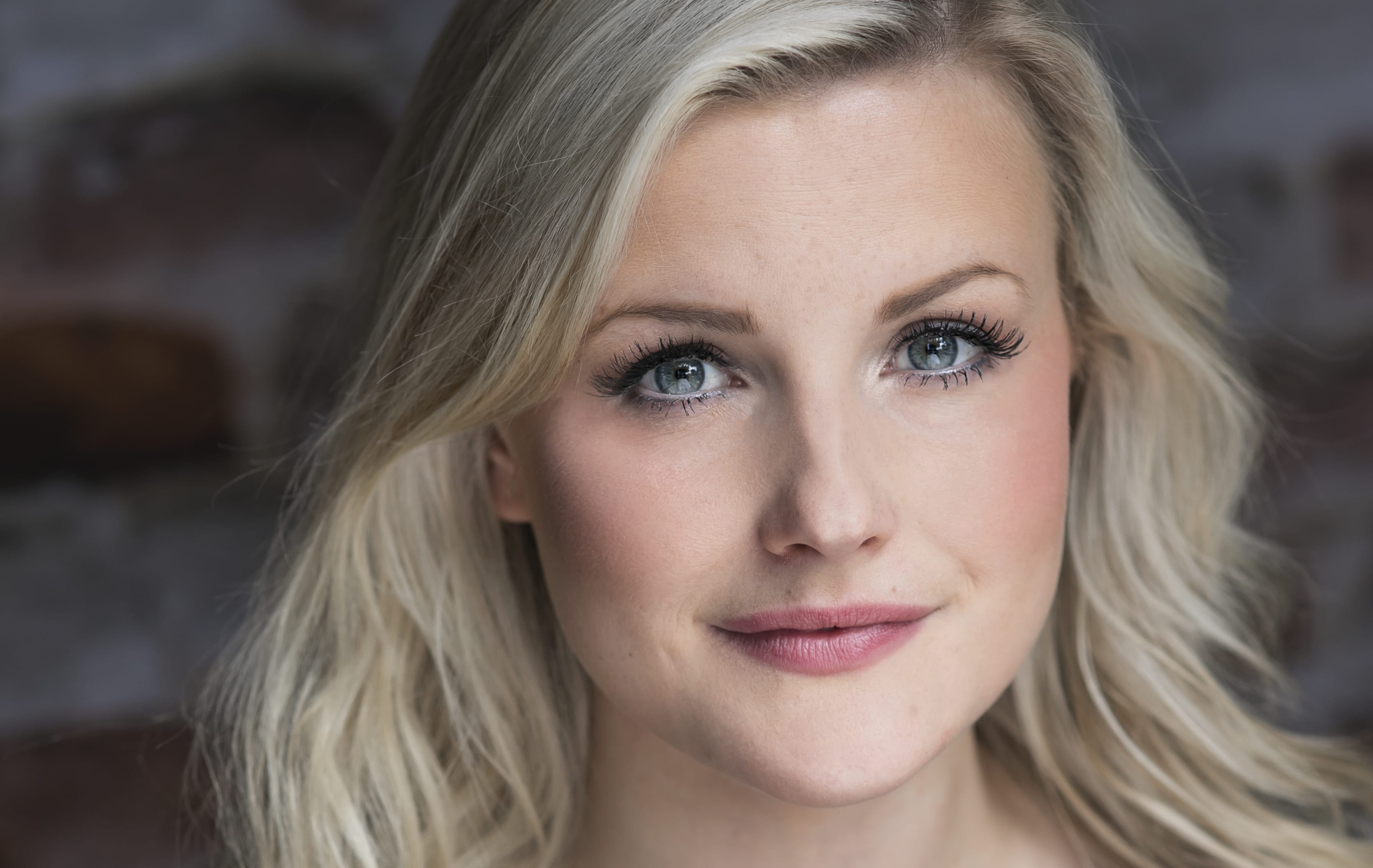Learning to sing teaches you a broad range of other skills, says soprano Sophie Morris.
She talks to Jesse Mulligan about the life of a singer and the art of singing.

Photo: Supplied
Morris has been singing professionally since she was just 10 years old, but says she's still constantly learning and growing musically.
"There might be music that I'm really comfortable with but there are other areas or genres that I might need more help with or something I want to branch out more in.
"I still train and see a vocal coach ... and going for tune-ups and always practising and always doing exercises."
There are some subtle differences between different sopranos that a listener can pick up, she says.
"So people refer to voices in colours. Again, it can be quite abstract and it's obviously quite subjective to the listener, but you might say a particular voice maybe sounds more golden, rich and warm, you might say another voice sounds silvery and bright.
"Then you'll be hearing differences in those individual singers' expression, interpretation, and their musicality."
If you're curious about how much you can extend your own vocal range, Morris says it's possible but within reason.
"You'd be looking at stretching slightly from what you already are able to sing, so good ways of doing that are doing scales, even if you are doing humming.
"You're working on stretching the vocal folds, really, so I mean they're limited on what they can do on a physiological level and how we're built ... but what we can do is work on extending our upper and lower limits of our individual ranges.
"Your voice will sit best in a certain area, but again within that you may find certain repertoire that suits you that could be on the slight extensions of that range."
As you learn to sing, you begin to recognise pitch, and also breathe and pose in a way that supports your singing, Morris says.
You'll also get an understanding of how sound carries through the body (resonance), find your own colour, look at how to musically interpret and perform, and show expressions.
We should be mindful of looking after our voices, even when we're not singing, Morris says.
"You sort of limit whispering, shouting or yelling - things that can put strain on the voice."
When harmonising, it's normal to be distracted by the melody, Morris says. She suggests practising in a group and playing two notes or a chord on an instrument and then splitting off.
"Say I might start playing a chord and I'm going to sing, rather than the base note of that chord so say rather than the C chord, I'll look at singing the other notes to start getting used to hearing those different notes and singing one that perhaps isn't the main tune or melody.
"And probably listening to lots of harmony in music as well [would be helpful] or groups that focus on harmony like Pentatonix ... and following along to different parts."
Family members often harmonise better due to having similar voice qualities and strong bonds, Morris says.
The idea that you can achieve a deeper singing tone by putting on weight is debatable, she says, and may be based on stereotypes of opera singers.
"I think everybody needs to learn how to use those muscles anyway - maybe if people might have more strength in that area, but I don't believe that would depend on weight, it's about learning to engage those muscles."
In your 30s, expect your voice to mature and become stronger, Morris says. This is a chance to explore new colours.
"I know voices are constantly changing, especially if women have hormonal changes like going through childbirth.
"You listen to Beyoncé records ... you hear these changes through different phases in her life and I think that's pretty amazing to have that kind of documentary sense of how your voice has changed throughout time."
To people who get nervous before performing, Morris recommends preparation, calm breathing and a change of mindset.
"The more you know your material, whatever happens on stage you're going to be more likely to adapt.
"Before I go on stage, I definitely look at doing calm breathing that [way] you're telling your nervous system, you're all good, you're all safe ... one thing I tend to do as well is try to visualise it going well.
"But I do think it's good to have some nerves, nerves mean you care. It's changing that frame of mind and going 'okay I'm nervous but I'm actually excited'."

